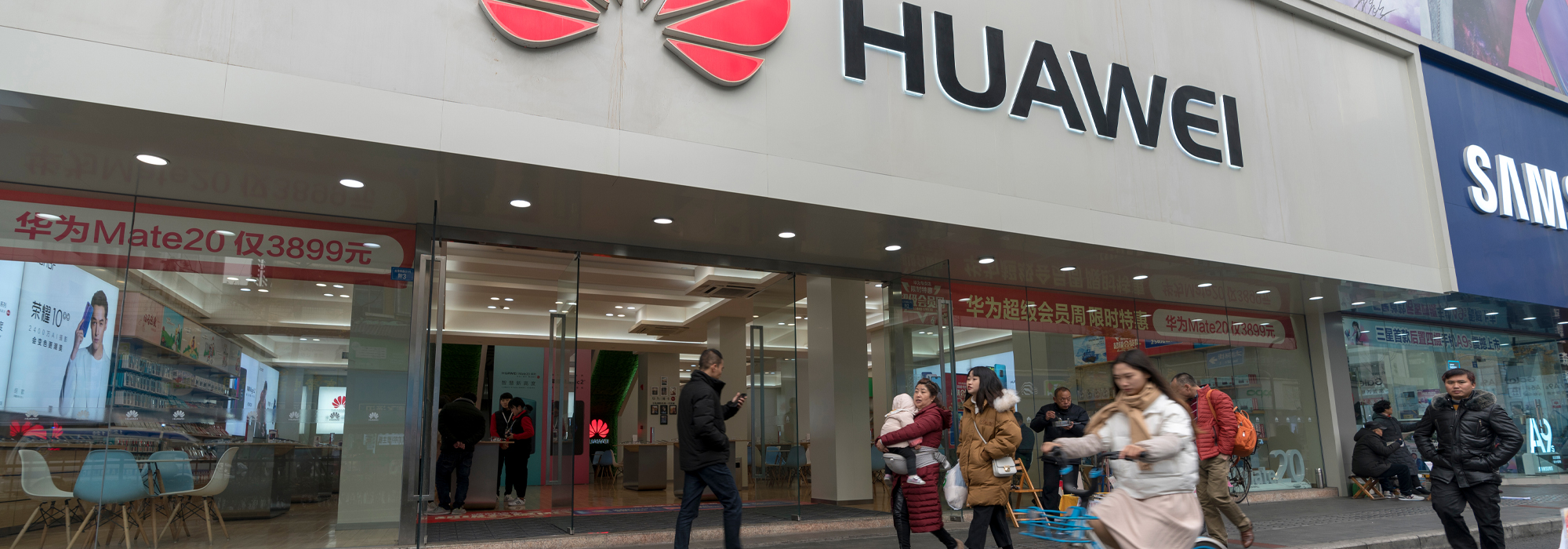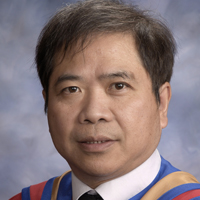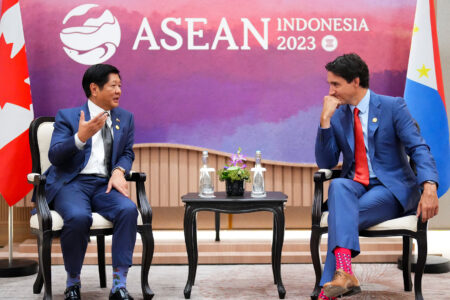
It has been two years since the two “Michaels” were detained by Chinese authorities in response to Canada’s detention of Meng Wanzhou. Her arrest came at the request of the Trump administration under the Canada-U.S. extradition treaty. The consequence of these mutual detentions has been the derailment of Canada-China relations over the past two years. It’s unlikely they will be back on track until the case against the Chinese executive is settled.
Meng, the chief financial officer of Huawei, was arrested on Dec. 1, 2018, while in transit at the Vancouver airport enroute to Mexico and she remains under house arrest after being released on bail in Vancouver. In retaliation, Chinese authorities detained two Canadians, Michael Kovrig (a former diplomat) and Michael Spavor (a businessman) days later, charging them with “spying on national secrets.”
However, the election of Joe Biden as president and a potential deal with the U.S. mean this diplomatic deadlock may soon be coming to an end and the two Michaels’ ordeal could be over.
While it is still too early to say what the Biden administration will do with Meng’s case, it is certain that Biden does not agree with many of the approaches that Donald Trump has adopted to deal with international issues in general and China in particular. Hence, there is a possibility that Biden might eventually drop the Meng case in exchange for some concessions from China.
On the other hand, it was recently reported that the U.S. Department of Justice has been discussing a deal with Meng’s legal team that would allow her to return to China in exchange for an admission of wrongdoing.
This type of deal, known as a deferred prosecution agreement, is usually used with companies rather than individuals. Why would the American Justice Department be interested in this agreement when the legal fight is going on in a Canadian court? Given the departure of Trump, there is every reason to believe that this may be an attempt by the administration to save face. It is highly unlikely that the Chinese government or Meng Wanzhou would accept this deal, but that’s another matter.
What will these developments mean for Canada?
There are both positive and negative outcomes for Canada.
On the positive side, if the Meng case is dropped either way, a major obstacle to troubled Canada-China relations of the past two years could be removed and the “two Michaels” could be back home in Canada. The bilateral relations between Canada and China could then be back on track.
On the negative side, however, this will put Canada in an awkward position because it supports the assertion that there was more at play than just legalities.
What can Canada learn from the Meng case?
Although Canada might be quite innocent when agreeing to detain Meng on behalf of the U.S. on an extradition treaty, a case like this can hardly be interpreted without context, particularly when it involves two global giants that are bogged down in rivalry.
Although Canada should fulfill its international treaty obligations, it has its own national interests, which are not always in line with those obligations. When such a conflict happens, it is indeed a diplomatic art to keep a good balance between fulfilling its treaty obligations on the one hand and protecting its own national interests on the other.
Meng was in Vancouver on her way to Mexico that day. It would have made more sense to have her detained at her final destination, because the U.S. has an extradition treaty with Mexico as well. It could be speculated that Mexico would not agree to do this, so the U.S. had to come to Canada for assistance. It is in this sense that the Canadian government was not politically and diplomatically as sensitive as the Mexican government.
Hopefully, the page of the Meng case can be turned soon, and Canada-China relations can get back on track. But this is a good lesson for Canadian diplomacy in the future.
Photo: A Huawei store in Chengdu, Sichuan, China. Shutterstock.com, by B.Zhou









